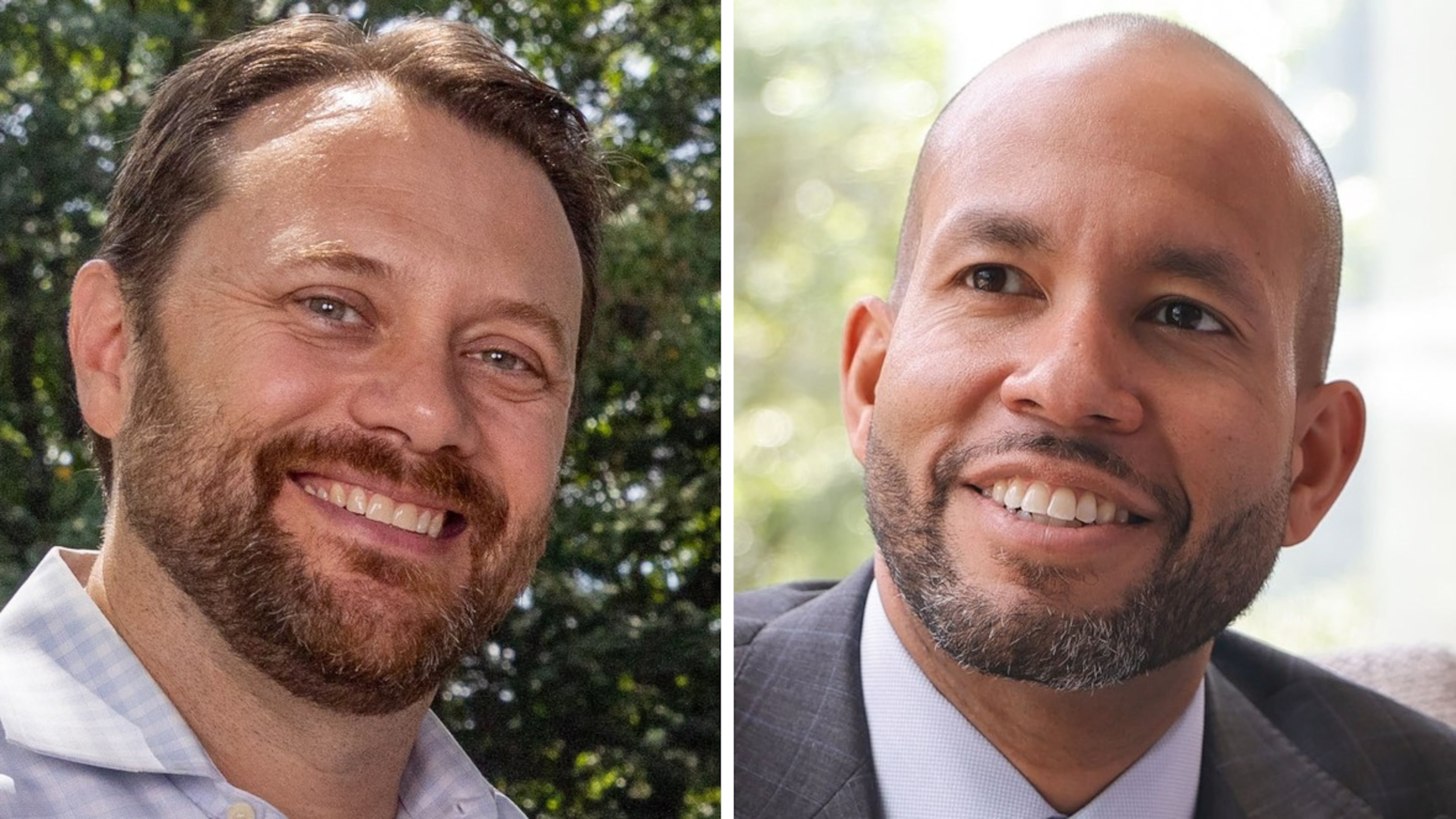Esteves unveils universal child-care plan in bid for Georgia governor

Democrat Jason Esteves is placing early childhood education at the center of his bid for governor, outlining a plan Monday that would remake Georgia’s child-care system and build on the state’s legacy.
The proposal is the first major policy platform of Esteves’ campaign and centers on using existing Georgia Lottery reserves to expand access to early learning programs.
It also coincided with the launch of “Educators for Jason,” a coalition of teachers, school leaders and education advocates backing the former state senator’s bid.
Esteves is locked in a fierce Democratic battle against five other prominent contenders: former Atlanta Mayor Keisha Lance Bottoms, former Lt. Gov. Geoff Duncan, former DeKalb chief executive Michael Thurmond and state Reps. Derrick Jackson and Ruwa Romman.
He registered about 3% of support in The Atlanta Journal-Constitution poll of likely Democratic voters this month.
A former middle-school teacher and chair of the Atlanta Public Schools board, Esteves said his plan will tackle the “affordability crisis” in education by expanding the state’s pre-K program.
Launched in 1995 as the nation’s first state-funded universal preschool program for 4-year-olds, Georgia’s’ pre-K program guarantees eligibility but not universal access. Thousands of families land on waitlists each year because funding and classroom capacity vary by county, though a $97 million infusion into the program in 2024 added new seats. Others turn to private providers or alternative options.

The program doesn’t cover 3-year-olds at all, leaving many parents to rely on private centers, informal care or no early-learning options.
Esteves’ plan would guarantee access for all 3- and 4-year-olds with a mixed delivery system through both public and private providers using Georgia Lottery reserves that totaled roughly $2.4 billion in the last fiscal year.
He said he would then move to establish universal child care access for all children under 5 by 2035.
His plan would create an Office of Early Childhood Expansion that offers grants and low-interest loans for providers, classroom materials and facility upgrades.
It also promises to pay educators a “living wage” and expand credentialing programs through technical colleges.
Lottery reserves
Esteves is far from the first Georgia politician to eye lottery reserves as a way to fund education programs.
Republican Gov. Sonny Perdue faced bipartisan backlash when he wanted to divert $34 million in lottery money to pay for scholarships and school grants.
And Jason Carter, an Esteves backer, was among past Democratic gubernatorial contenders who proposed using state lottery reserves to beef up pre-K funding.

But lawmakers have long resisted tapping lottery reserves for new initiatives because the money underwrites Georgia’s signature HOPE scholarship and its pre-K program.
Officials warn that drawing down reserves could jeopardize HOPE’s long-term solvency during an economic downturn. Critics also say lottery leaders need flexibility to maintain robust cash balances or risk destabilizing classroom programs.
Esteves framed his plan as a way to restore Georgia’s standing as a national leader in early childhood education.
“My universal child care plan will tackle the affordability crisis here in Georgia while ensuring every child — no matter who they are or where they live — gets a fair shot,” he said.



